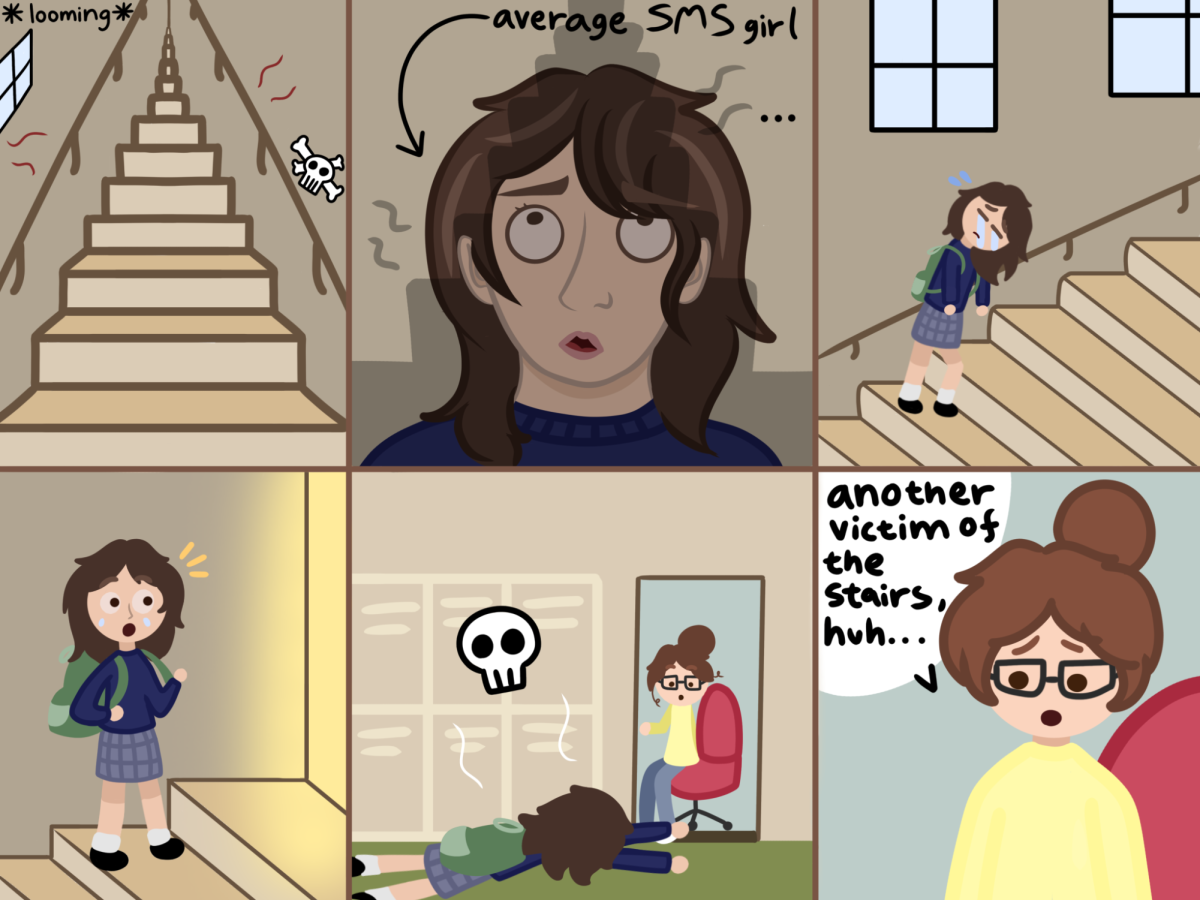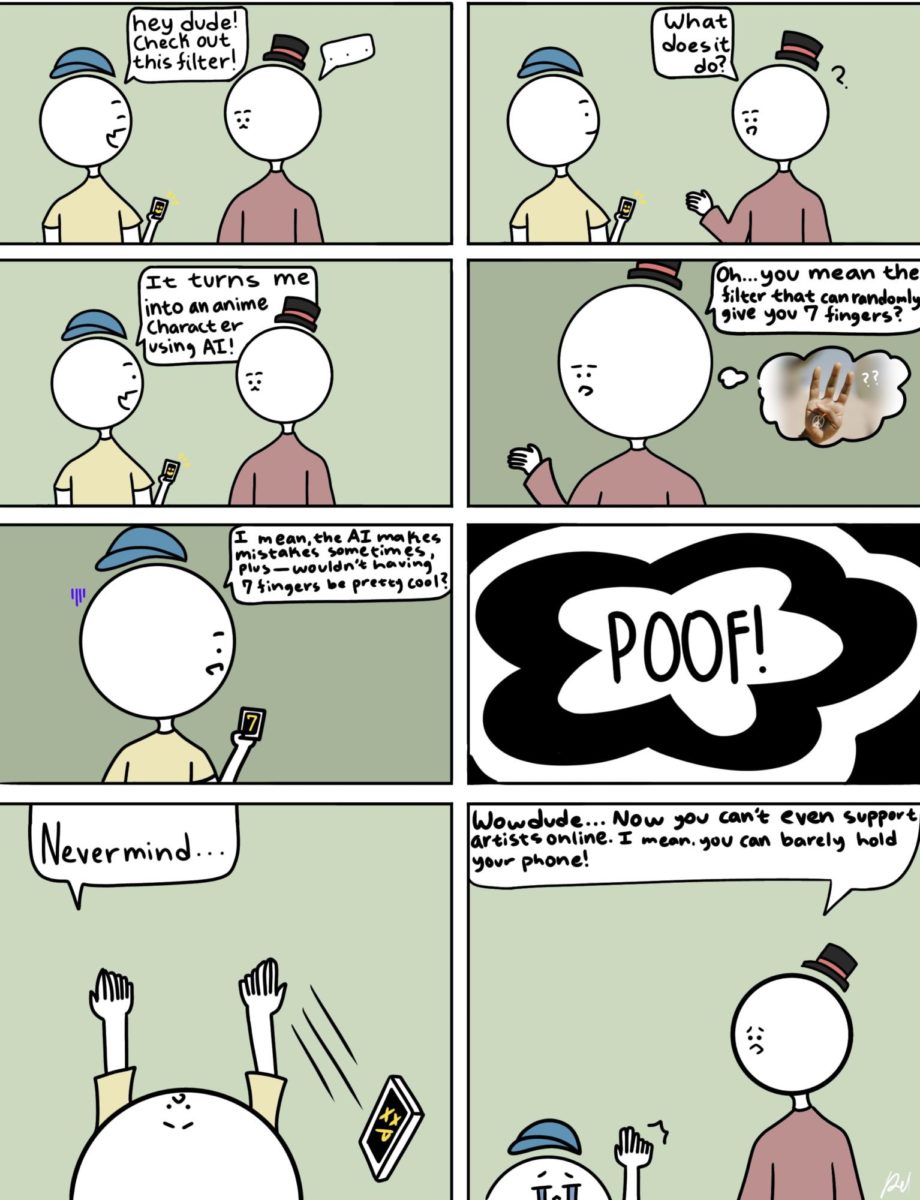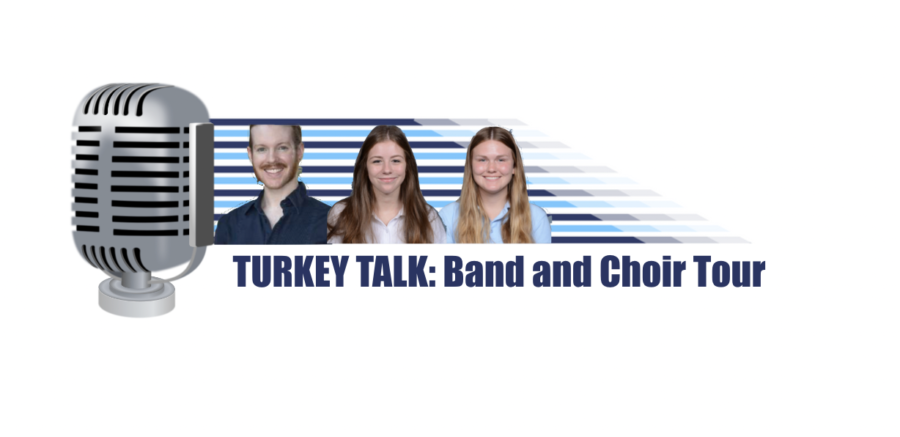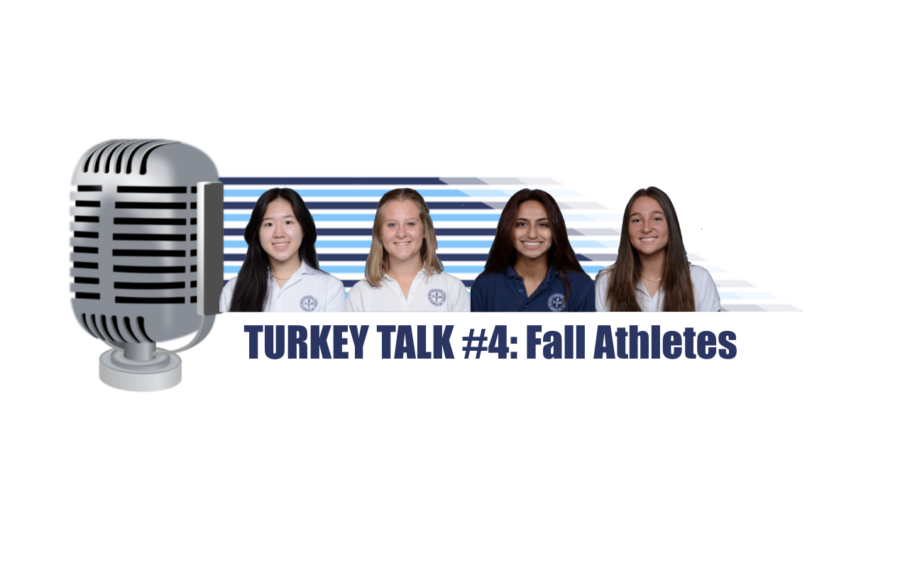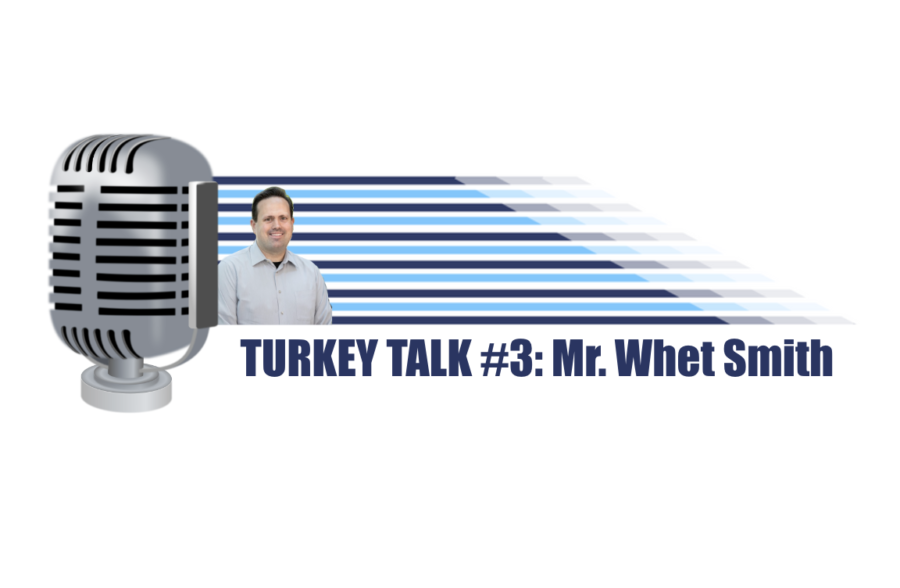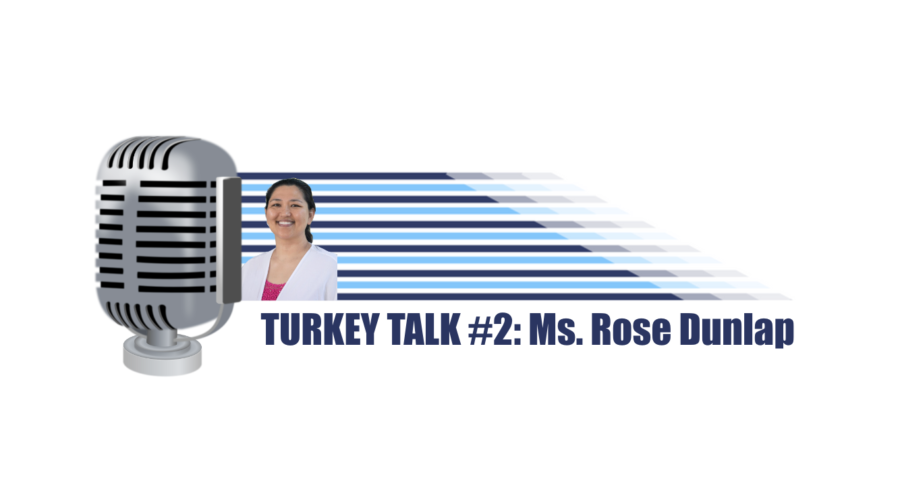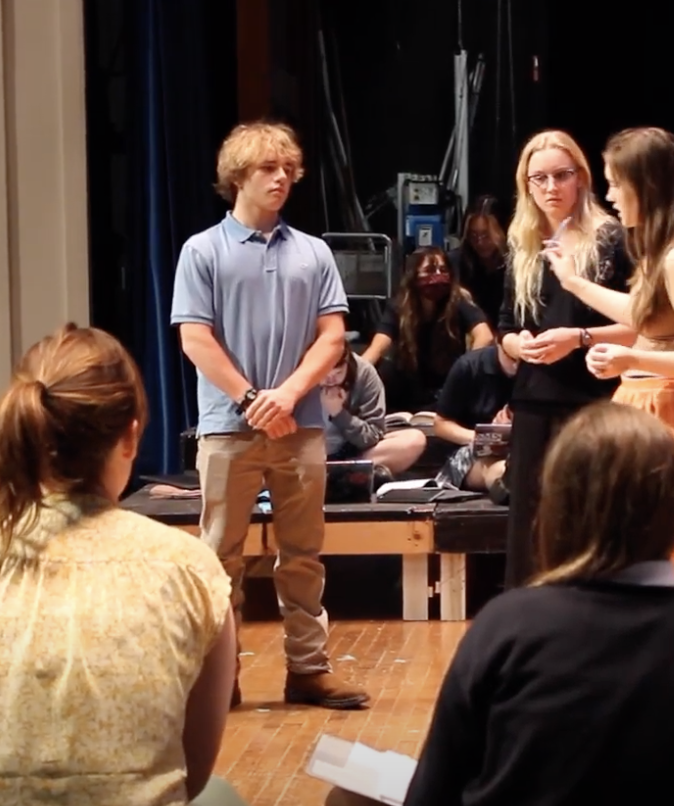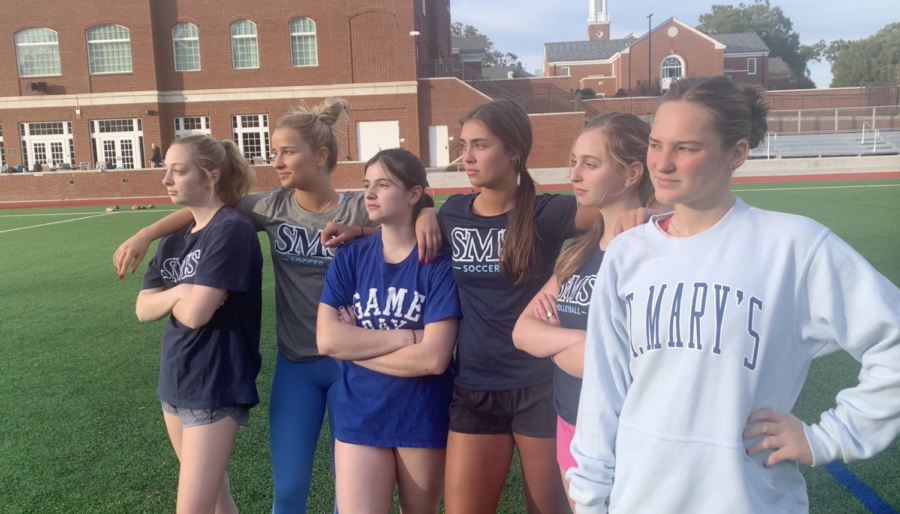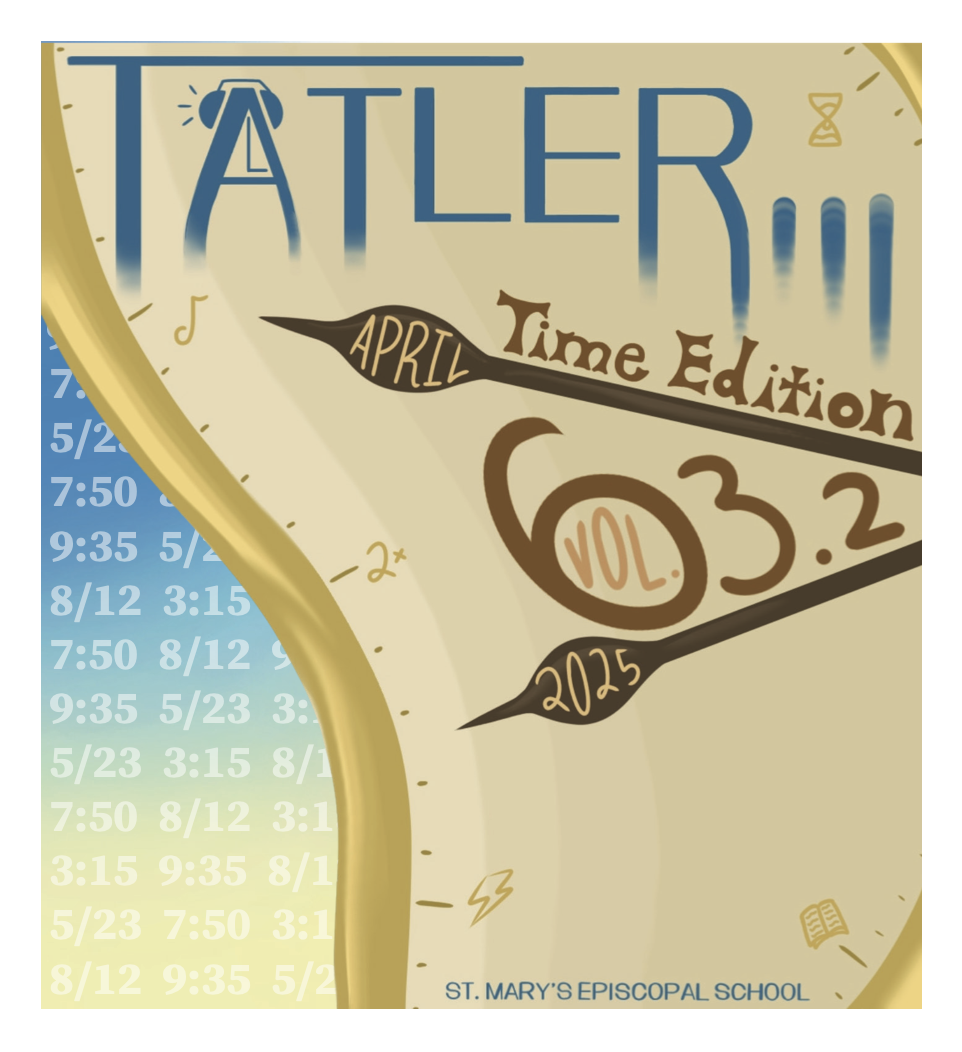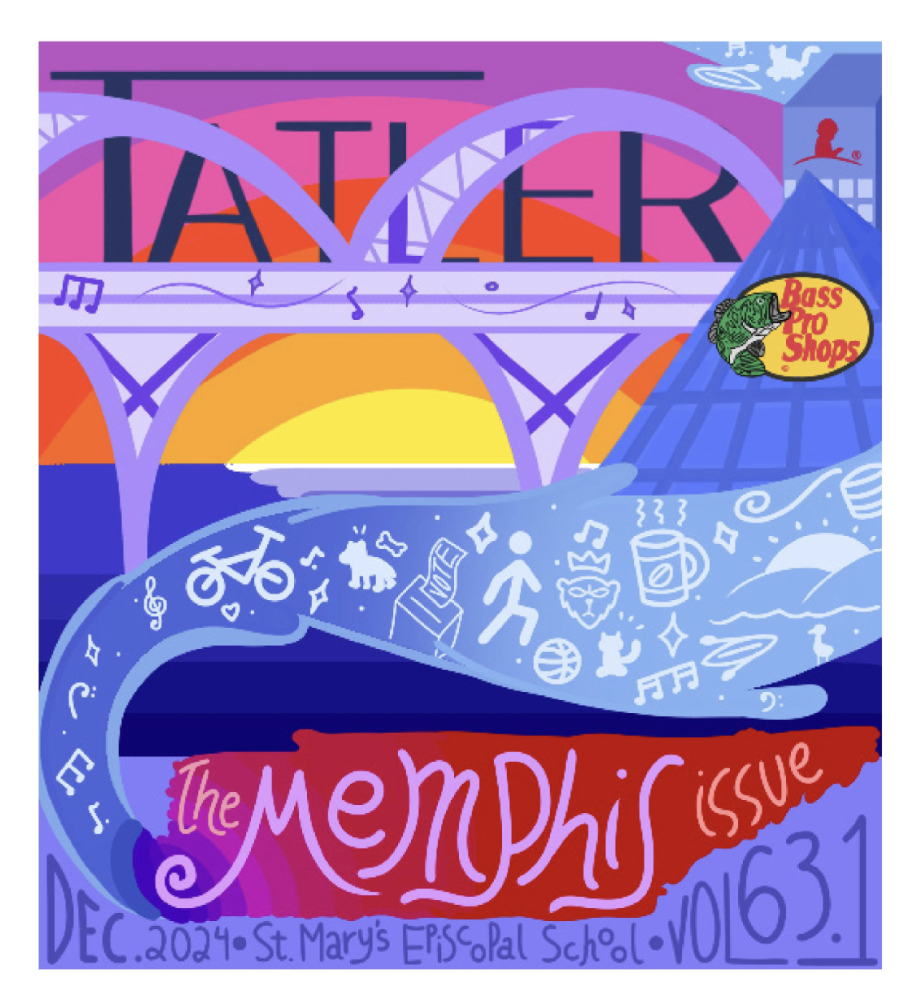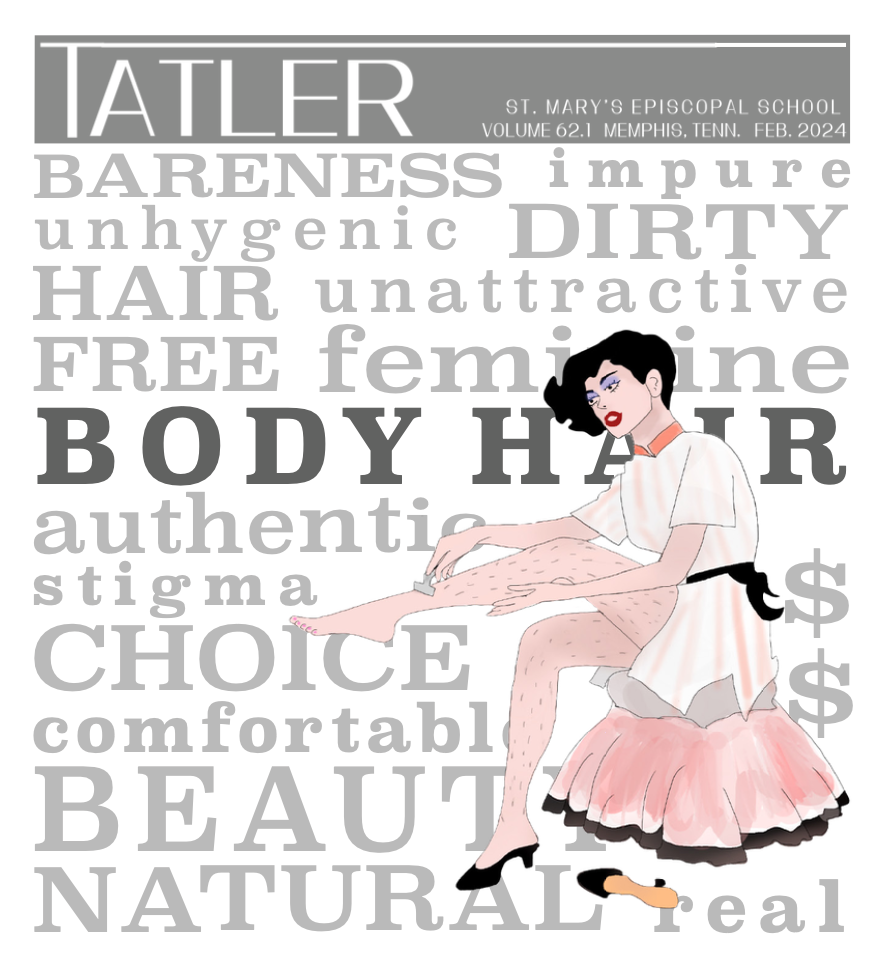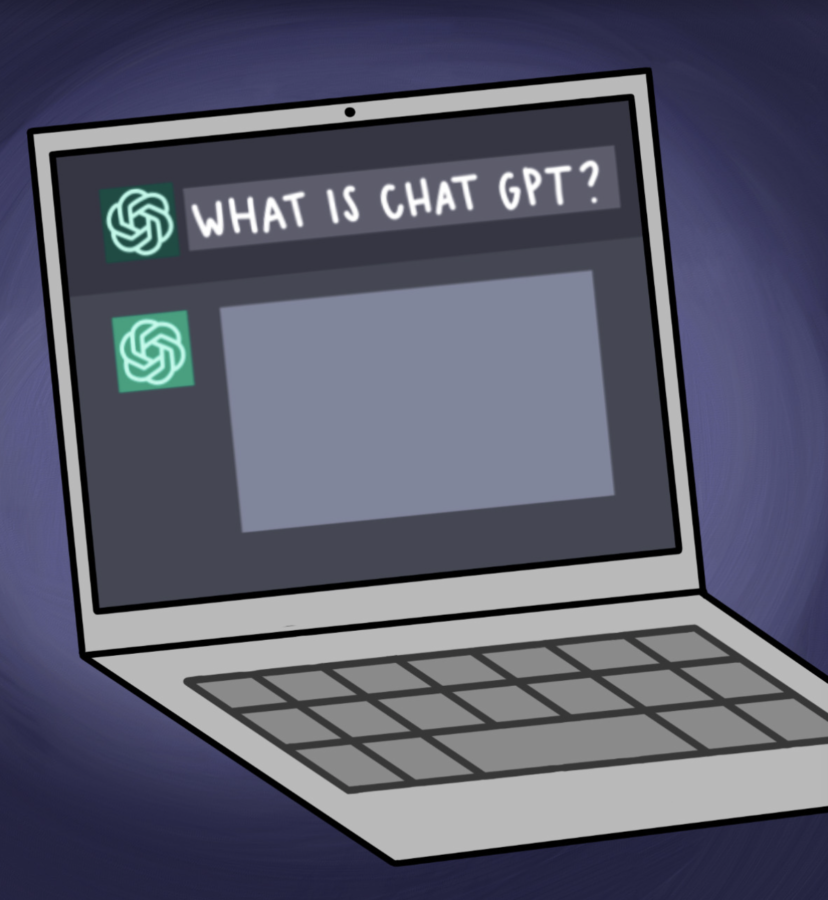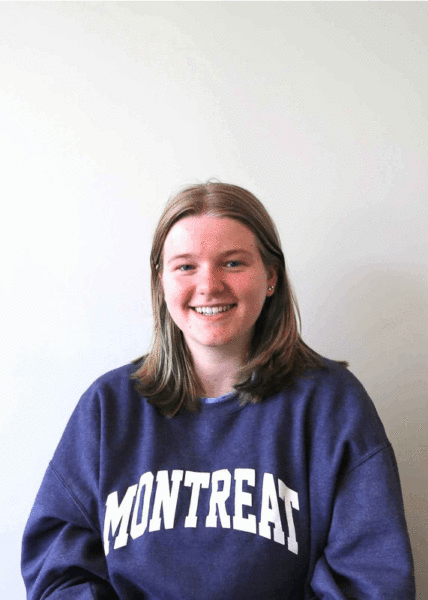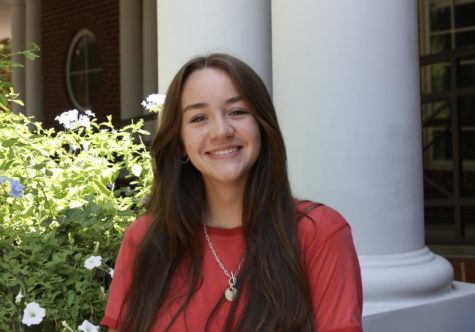ChatGPT
A tool to teach or an app to avoid?
Launched in November of 2022, ChatGPT has grown in fame and infamy. Academia is reconsidering use of technology, while also exploring the possibilities artificial technology holds.
February 7, 2023
ChatGPT is a powerful and highly-efficient language generation model developed by OpenAI. It is based on the GPT (Generative Pre-training Transformer) architecture and has been pre-trained on a large amount of text data from the internet. This allows it to generate human-like text when given a prompt or a task to complete.
Overall, ChatGPT represents an important development in the field of language generation. Its pre-training on a large corpus of data and ability to understand and respond to natural language input make it a powerful tool for a wide range of applications. The continued advancement in its technology will surely open even more opportunities for its use in the future.
If you have not noticed by now, the above paragraphs were generated by artificial intelligence (AI). ChatGPT was able to produce two concise, informative paragraphs from only the words “one hundred words about ChatGPT in AP Style.”
Impressive, right?
It is ChatGPT’s ability to produce sophisticated paragraphs such as these that is both exciting and concerning for teachers and students at St. Mary’s.
“Right now, we are just in the exploratory, figuring-out phase,” Justin Whitford, St. Mary’s director of technology, said.
As part of this phase, teachers and administrators, including English teacher Julie Bielskis (‘89), have been meeting about the potential academic risks associated with ChatGPT and other AI programs like it.
“We [have] talked about what [ChatGPT] looks like, how to use it, what it was capable of and things that we might do to combat it,” Bielskis said.
Bielskis and Whitford both added that, as of now, St. Mary’s does not have a concrete way to detect when essays are AI generated. Through her own experimentation with ChatGPT, however, Bielskis said that the essays the AI created for her were fairly low quality.
Dr. Kate Stakem, director of studies and sponsor of the St. Mary’s Honor Council, considers student use of ChatGPT or other AI generators direct plagiarism under the St. Mary’s Honor Council Constitution.
“The temptation [to use AI generators] is there, and unfortunately, it is a new way of cheating, so it is definitely something we plan to address,” Stakem said. “We certainly hope that, as a community, no one would [use AI], but we very rarely have Honor Council infractions because this is such a community of integrity.”
The St. Mary’s Honor Council is not the only thing prohibiting students from using ChatGPT. The existing firewall now blocks OpenAI, the program that operates ChatGPT.
“There are also some terms-of-use for OpenAI that actually restrict its use for students younger than 18, so we actually have to comply with the Children’s Internet Protection Act and the Children’s Online Privacy Protection Act,” Whitford said, referencing federal laws designed to protect children from harmful internet content. “We are obligated to block it right now.”
Moving forward, the St. Mary’s community has varying opinions as to how AI essay generators will affect school and everyday life.
“I do not think it will be a huge problem at St. Mary’s because we have such a strong Honor Code, but I can see it becoming an issue at bigger schools,” Isabella Tamburrino (10) said.
Rachel Larkins (12) is currently taking AP Computer Science. ChatGPT, in addition to being able to write papers, can also write code, creating another challenge to the Honor Code regarding AI. Despite this, Larkins sees potential positives.
“I think [AI] is really cool and interesting,” Rachel Larkins (12) said. “I think there is something to be admired [about ChatGPT].”
For Bielskis, AI generators are not a trend. She feels that their current popularity will change education forever.
“[ChatGPT] makes me mad,” Bielskis said. “Students are worthy of their thoughts, and [AI] totally robs students of thought.”
Bielskis expressed worry that students will not be able to reach their full potential if they become dependent on AI.
From what experts and studies have expressed so far, ChatGPT is not going away.
Recently, professors at the University of Minnesota ran a test to see how well ChatGPT could fare on some of the university’s most difficult law exams. Professors graded the exams blindly, meaning that the grader was unsure of which test was completed by AI.
ChatGPT passed the exam. It only achieved a score of 60 percent, suggesting that human thought is still superior to artificial intelligence.
Larkins visualizes a world where ChatGPT and similar AI can channel their knowledge to become a resource to underprivileged people.
“I hope that [AI] could help people,” Larkins said. “I think it could be a really helpful resource, especially because it is online … it could help people who do not have do not have access to professional advice.”
Whitford sees academia eventually embracing AI to help teachers and students.
“I see in the future that we will find ways to use it in the classroom in a meaningful, powerful way,” Whitford said. “This is a tool that all of our students in the future are going to learn how to use in their daily lives.”


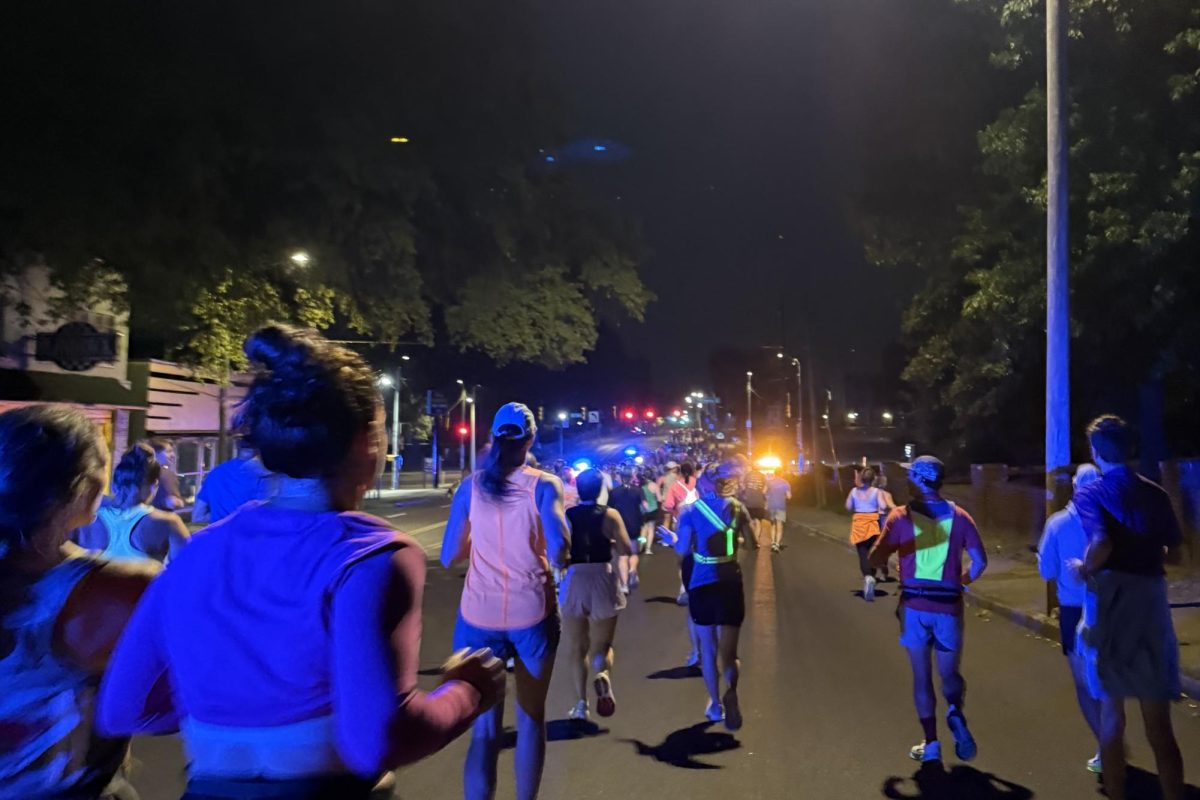

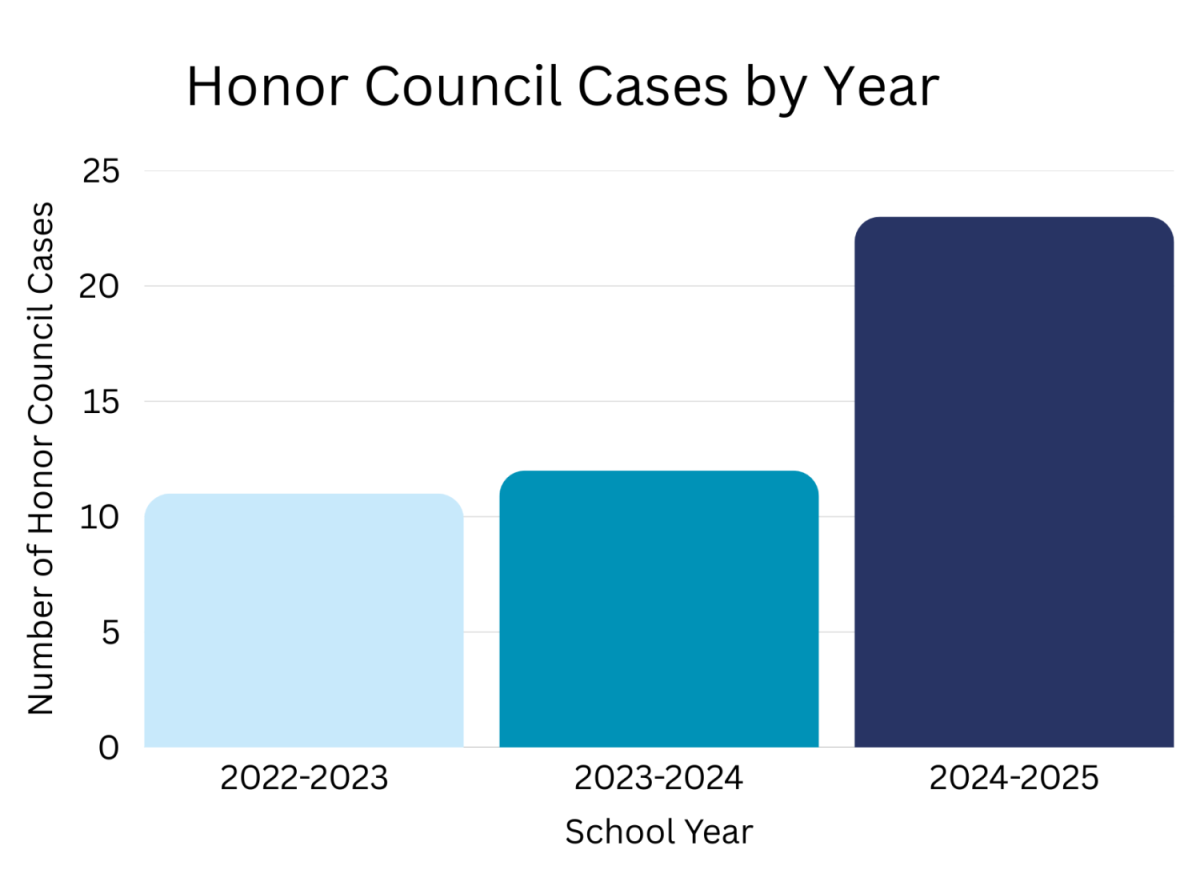
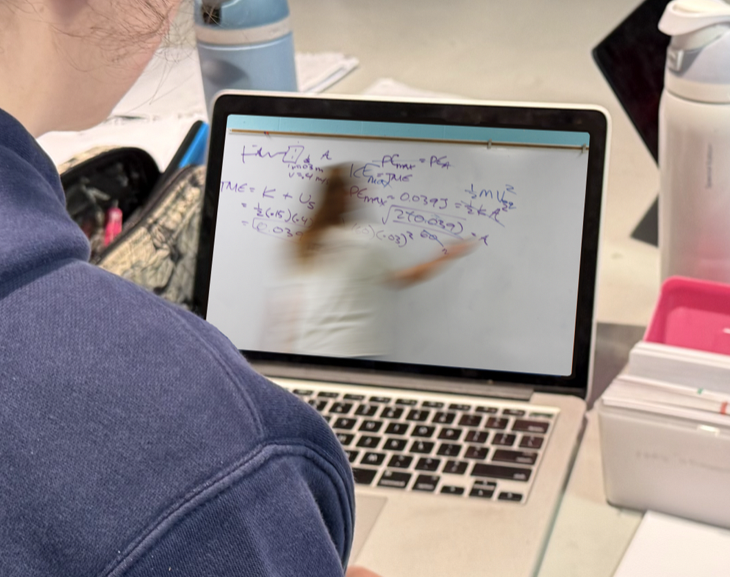



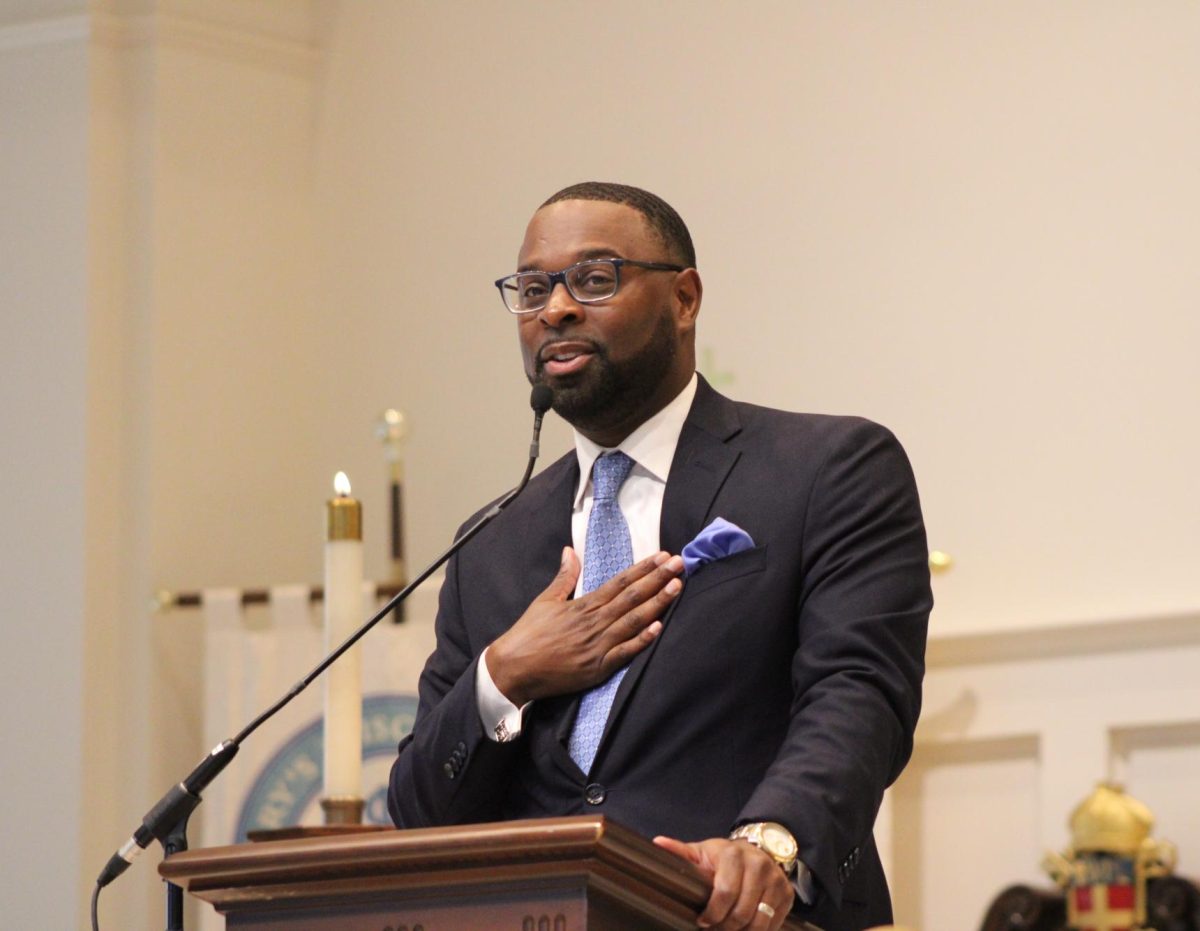
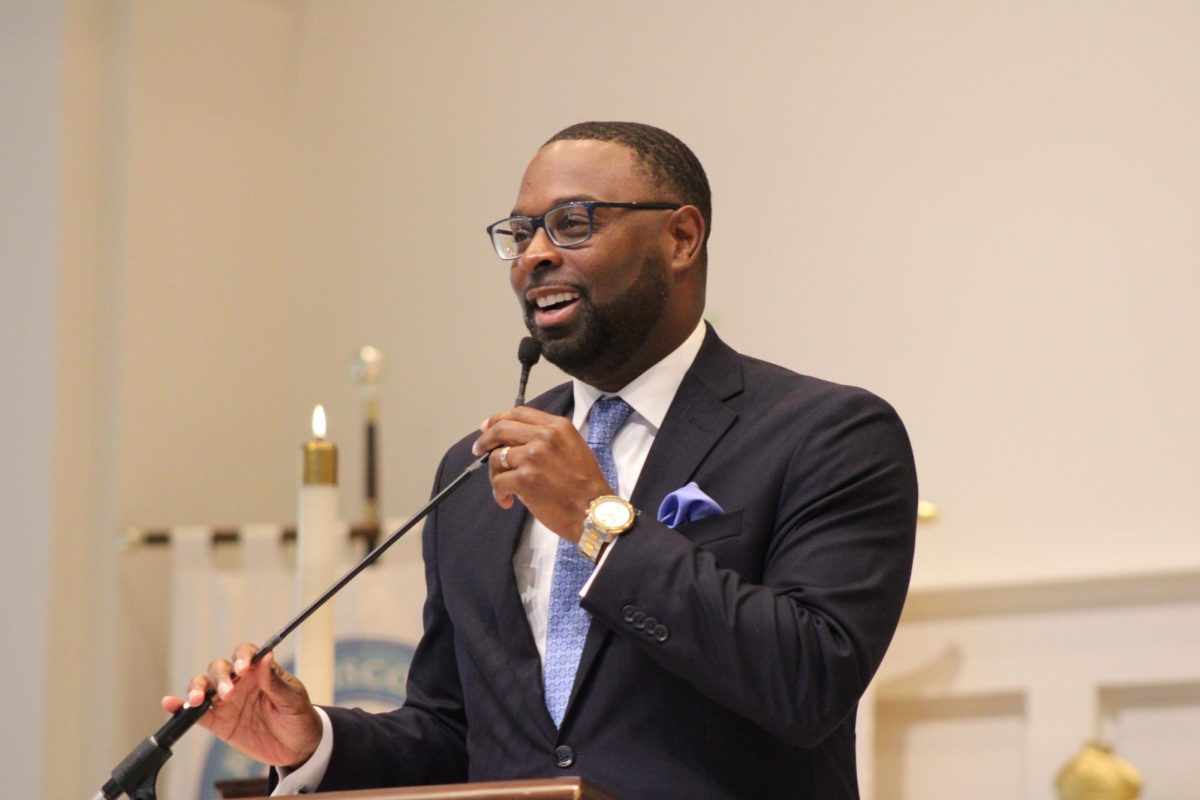
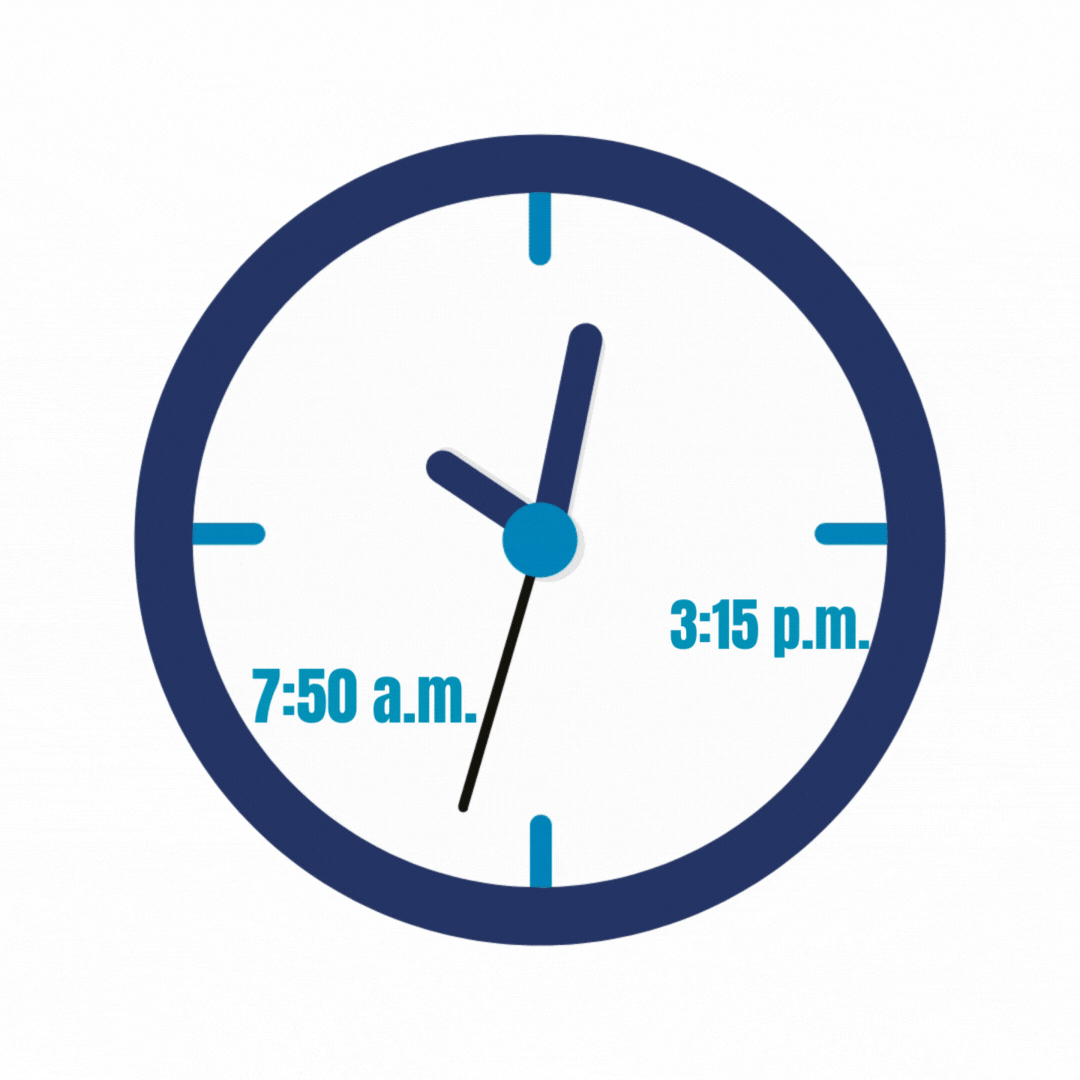
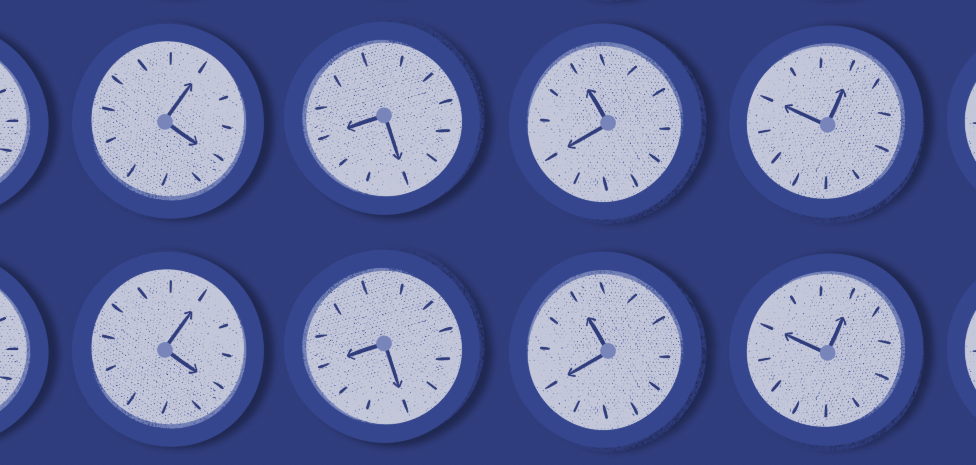


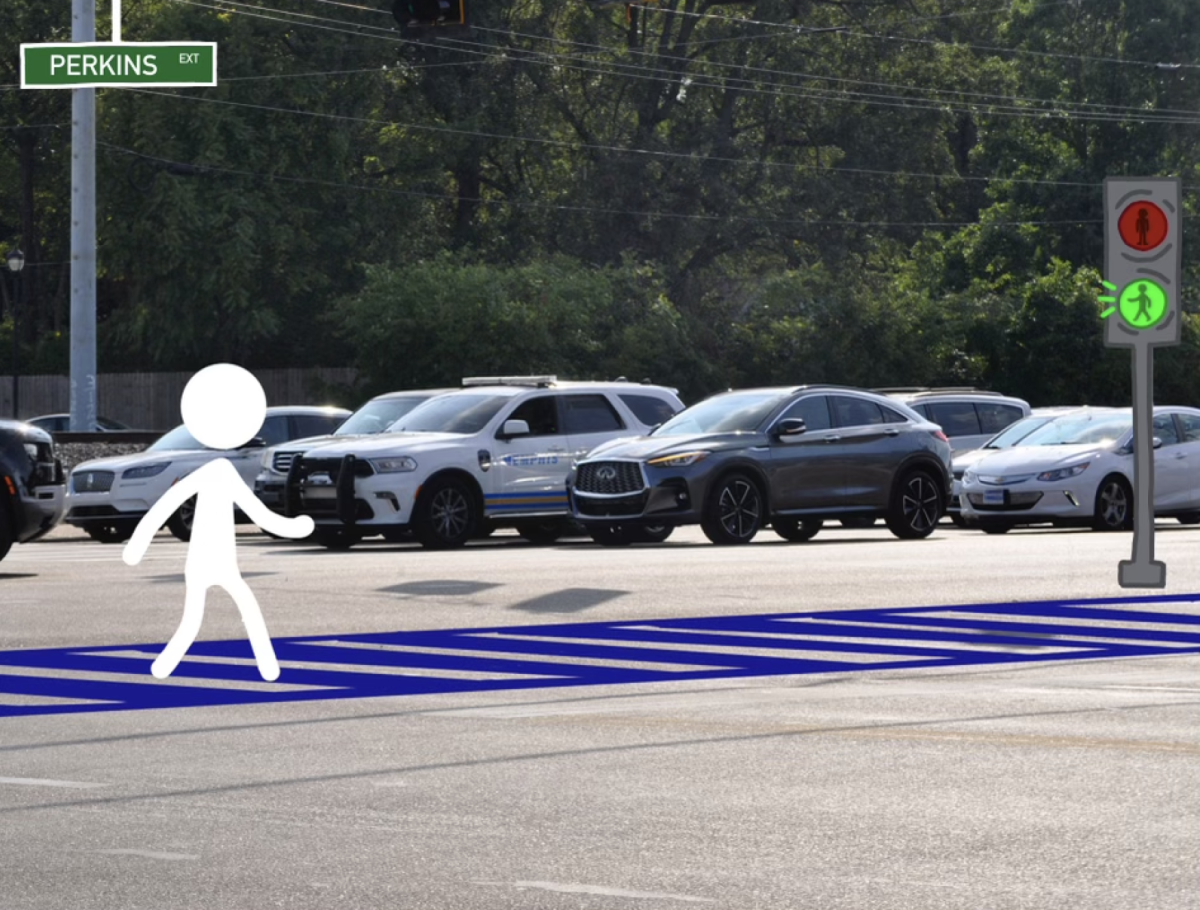


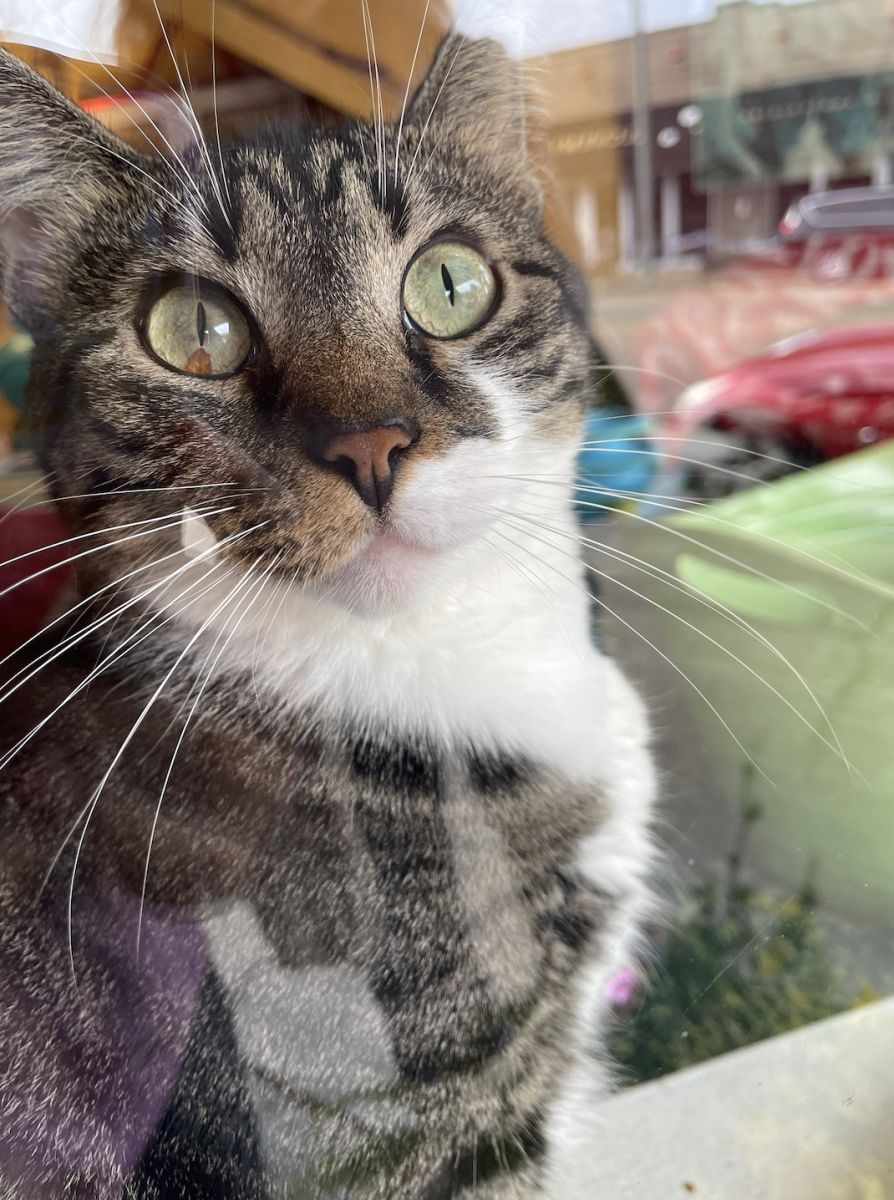
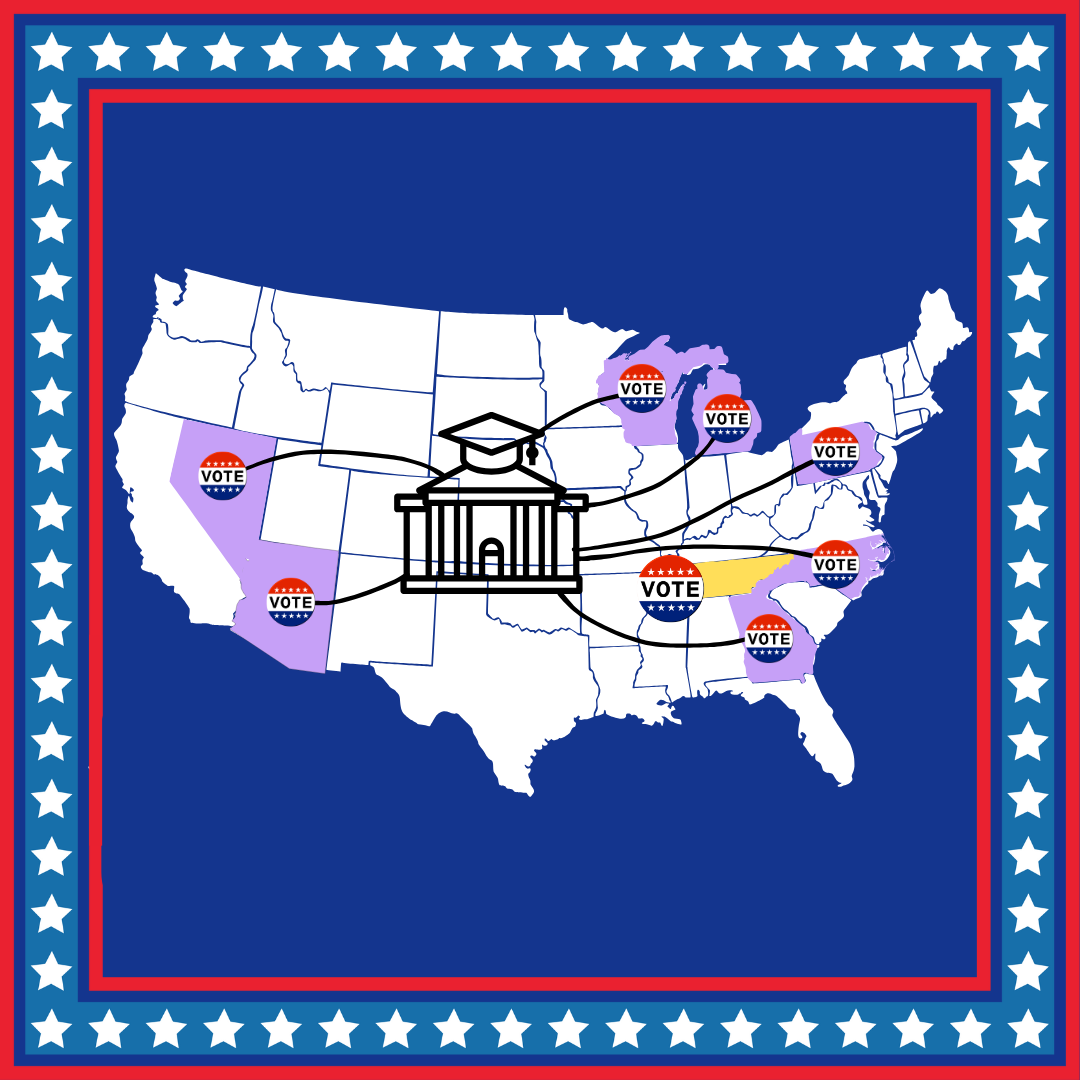
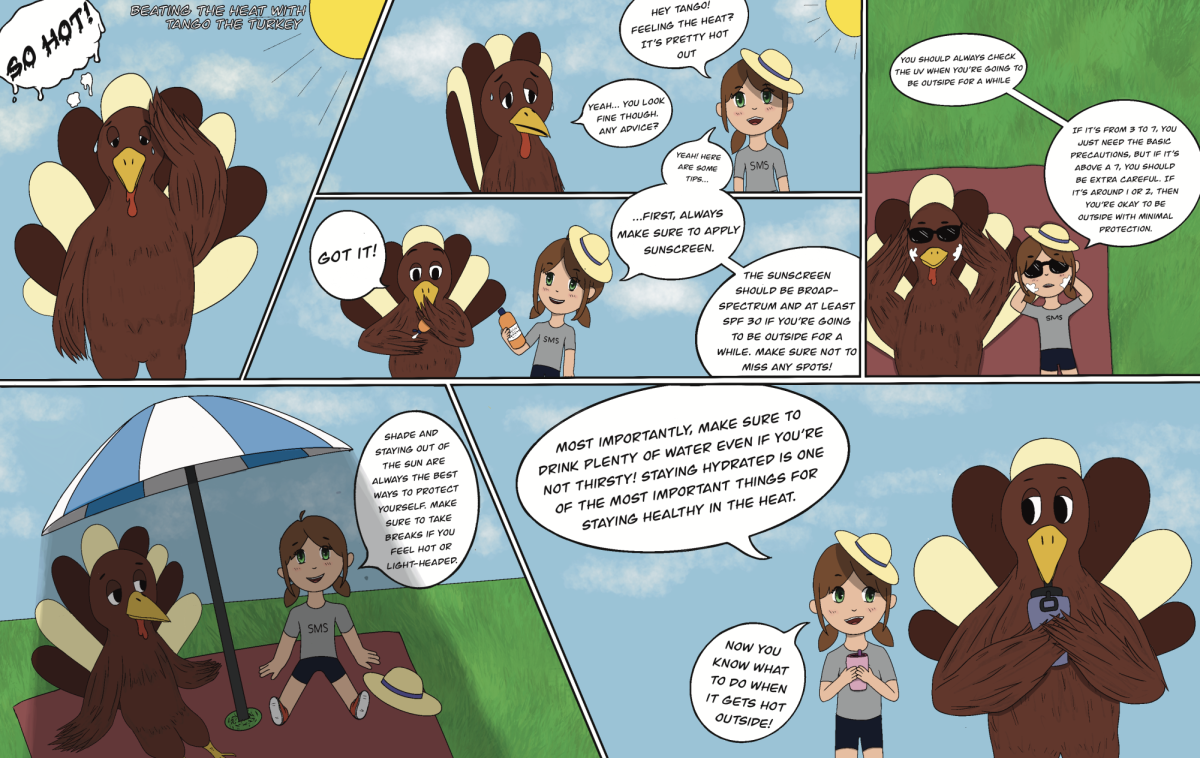

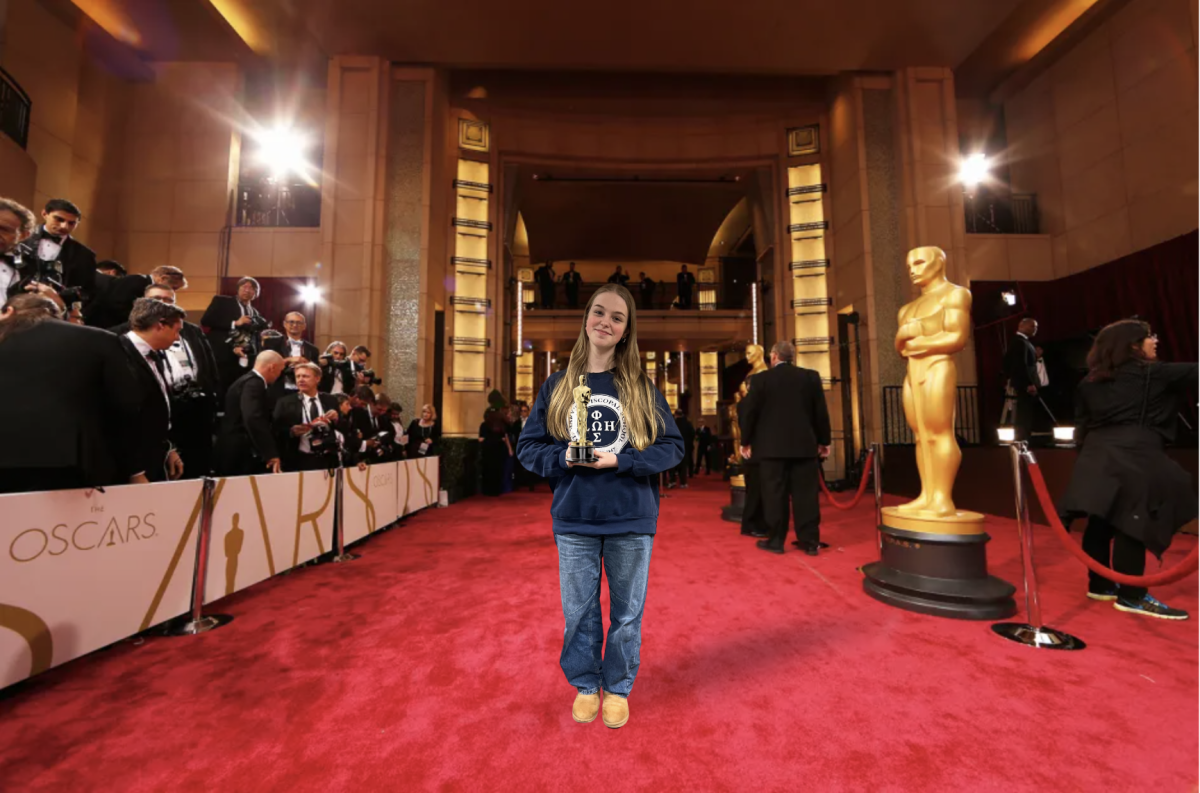
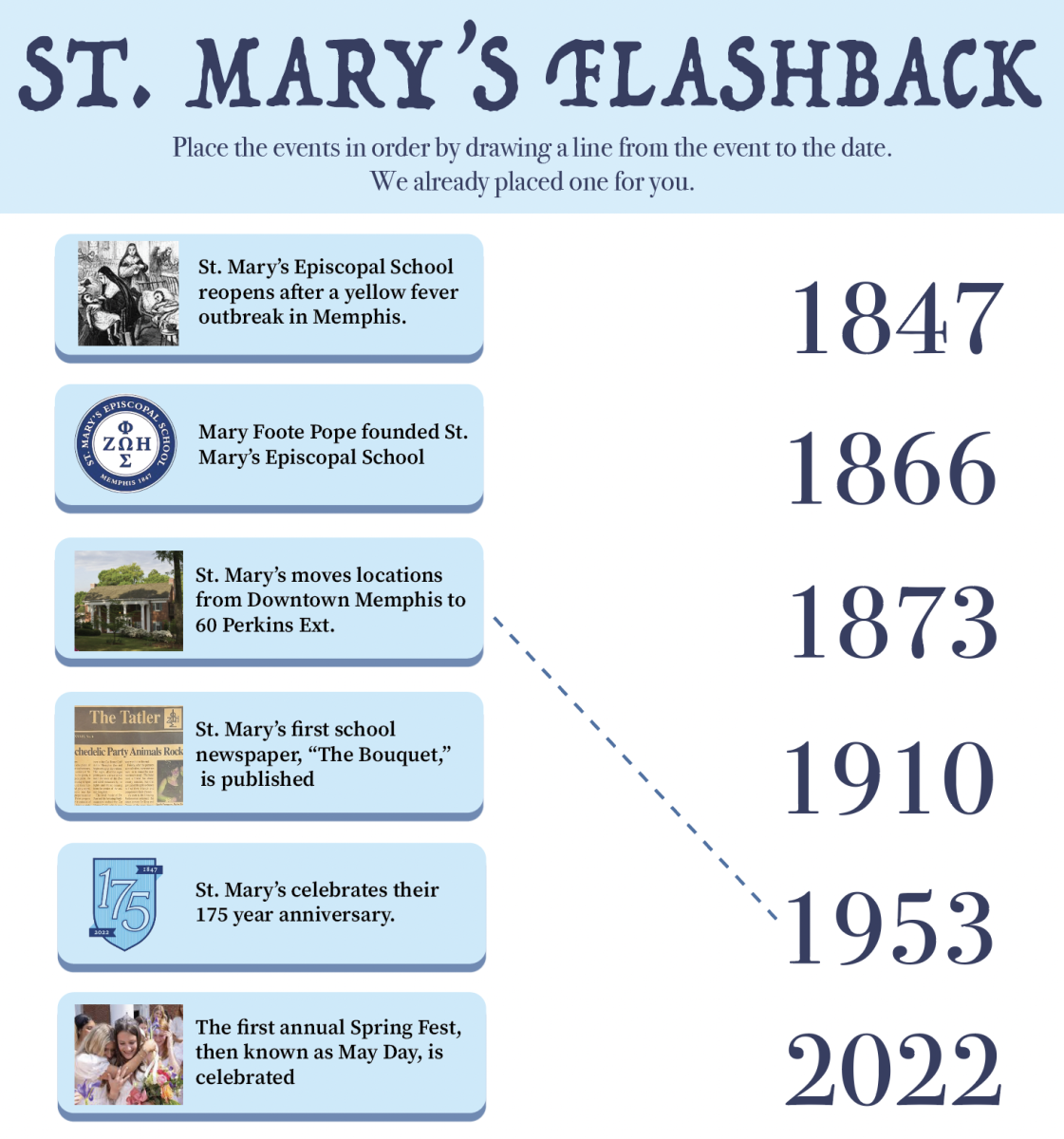
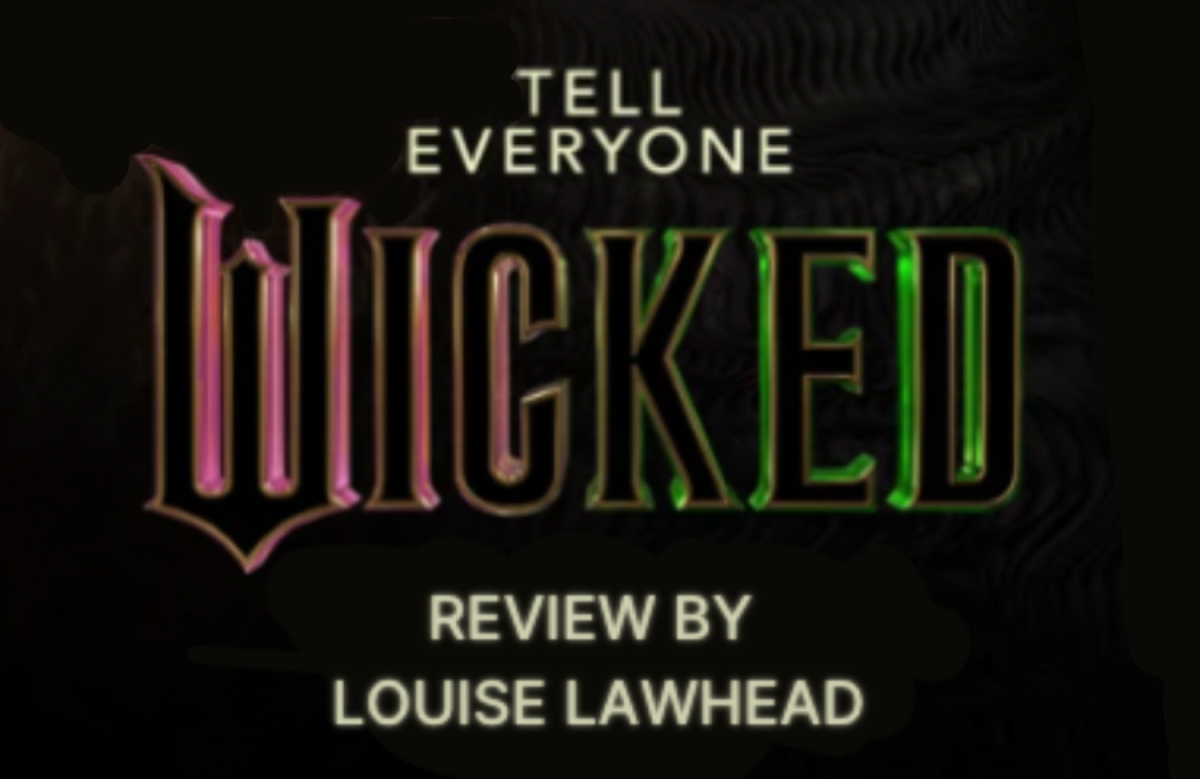
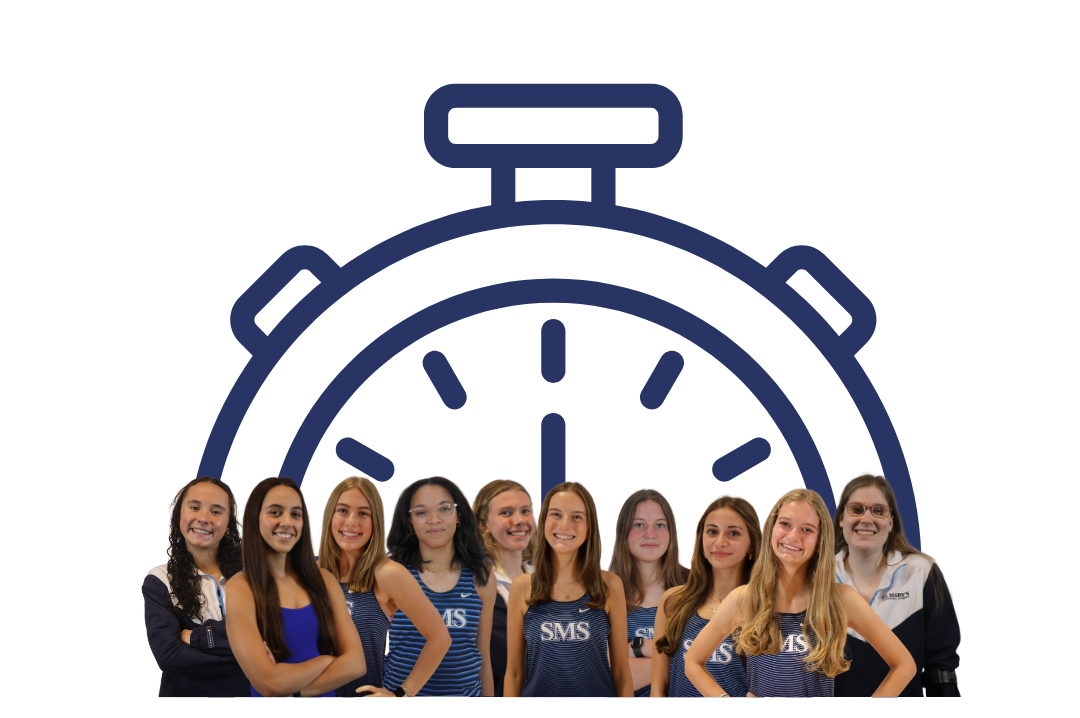
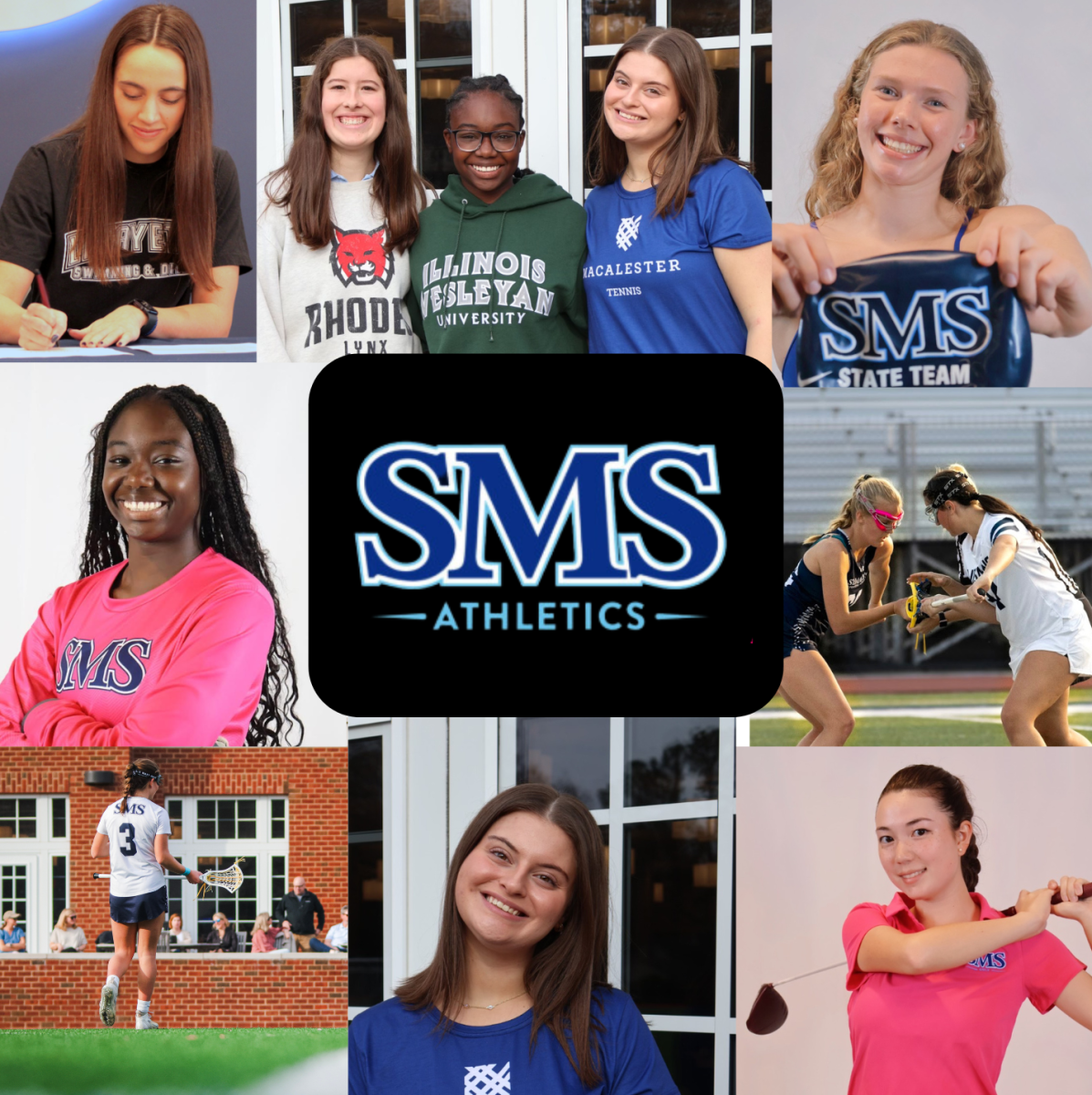
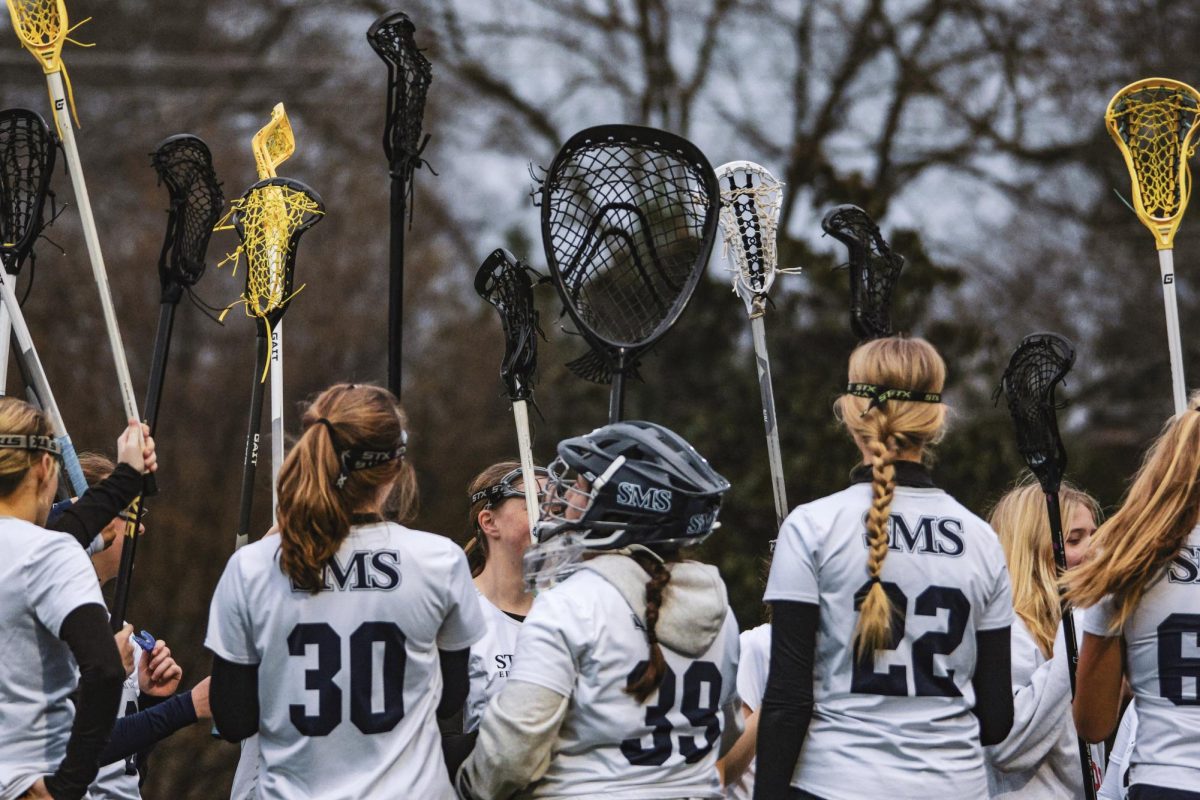
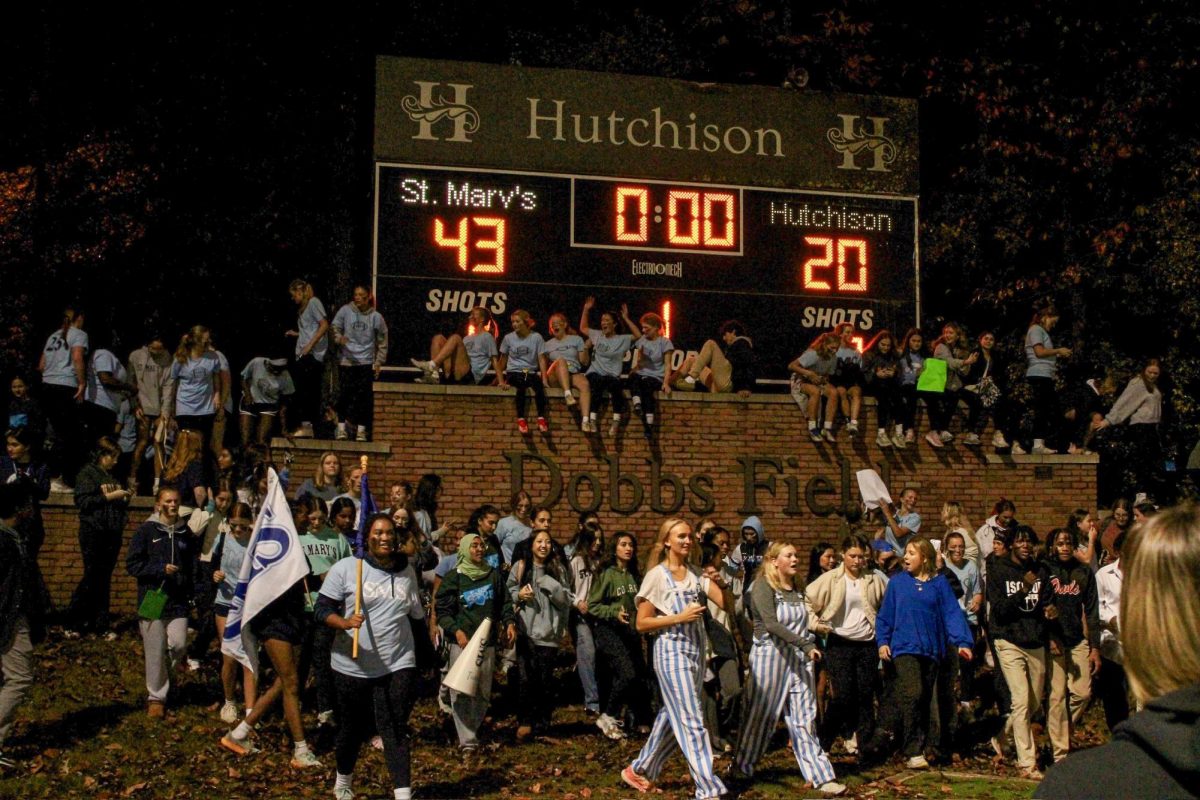
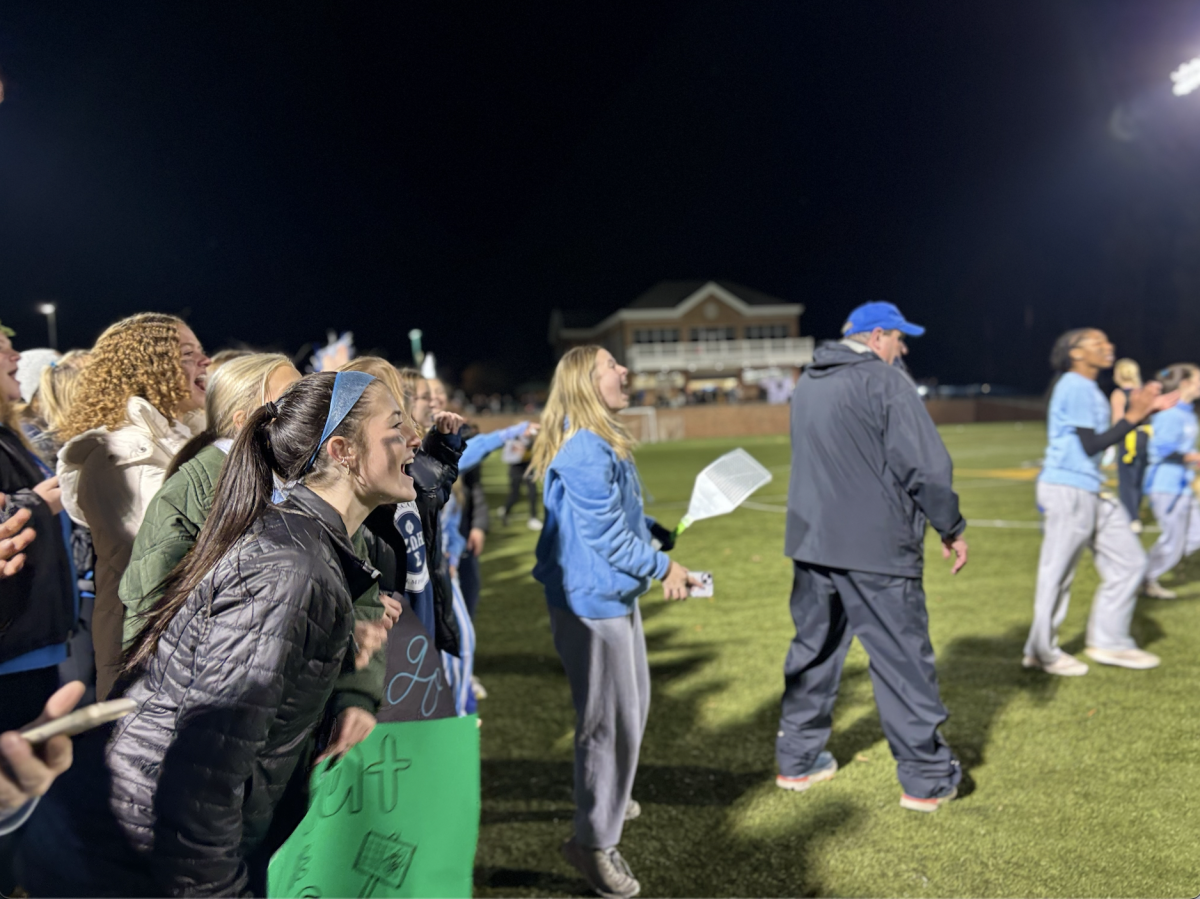

![[GALLERY] Walking in (Downtown) Memphis](https://stmarystatler.org/wp-content/uploads/2024/04/E1DAD3FE-E2CE-486F-8D1D-33D687B1613F_1_105_c.jpeg)
